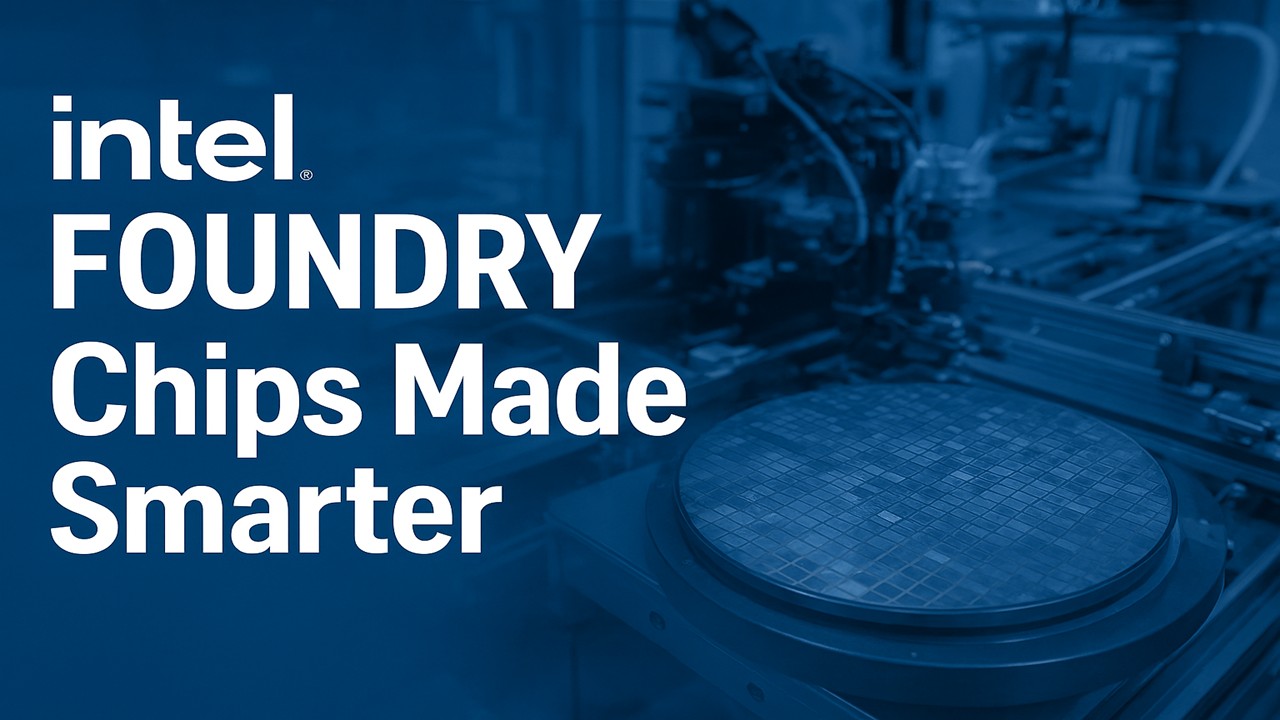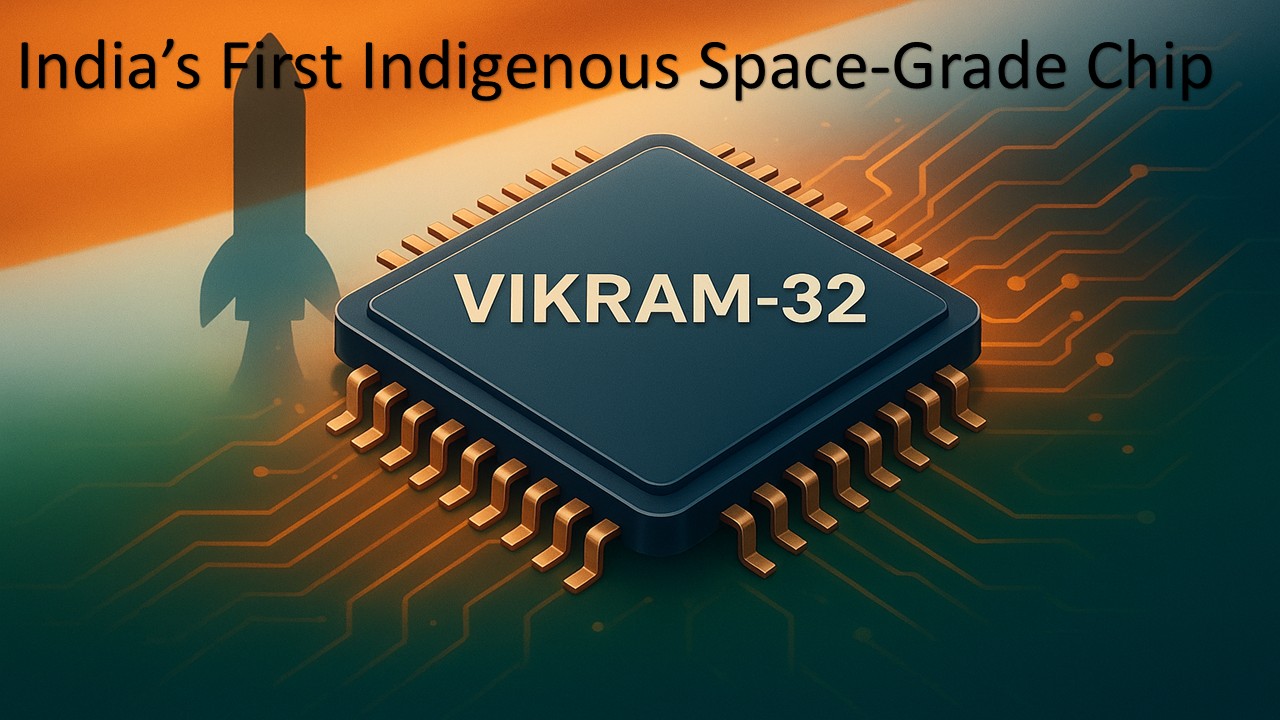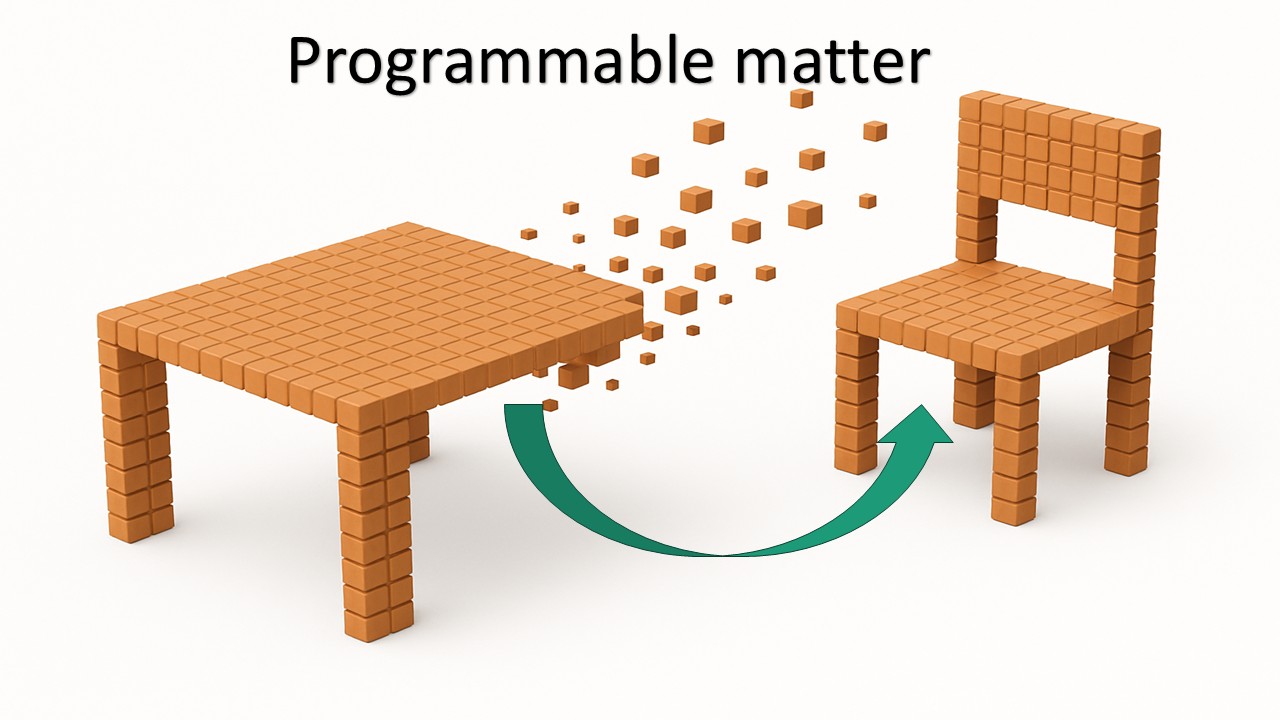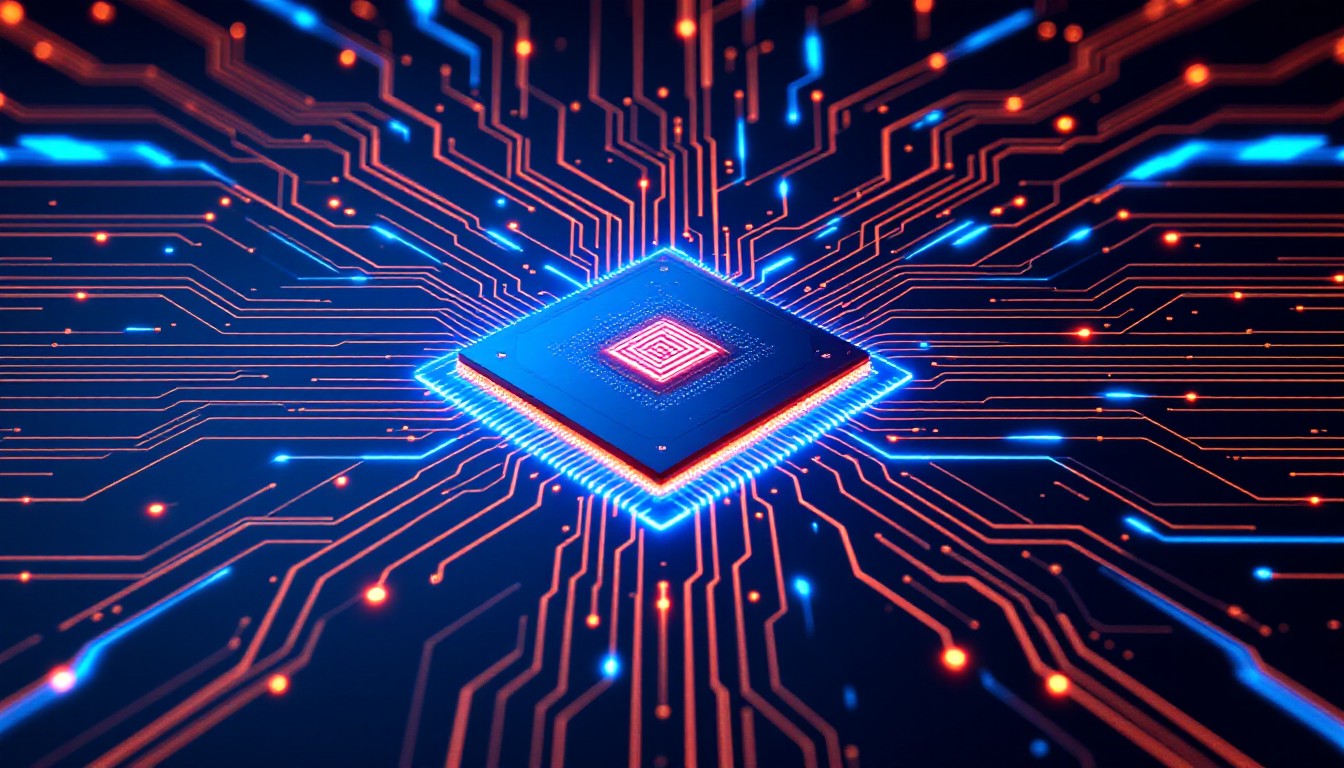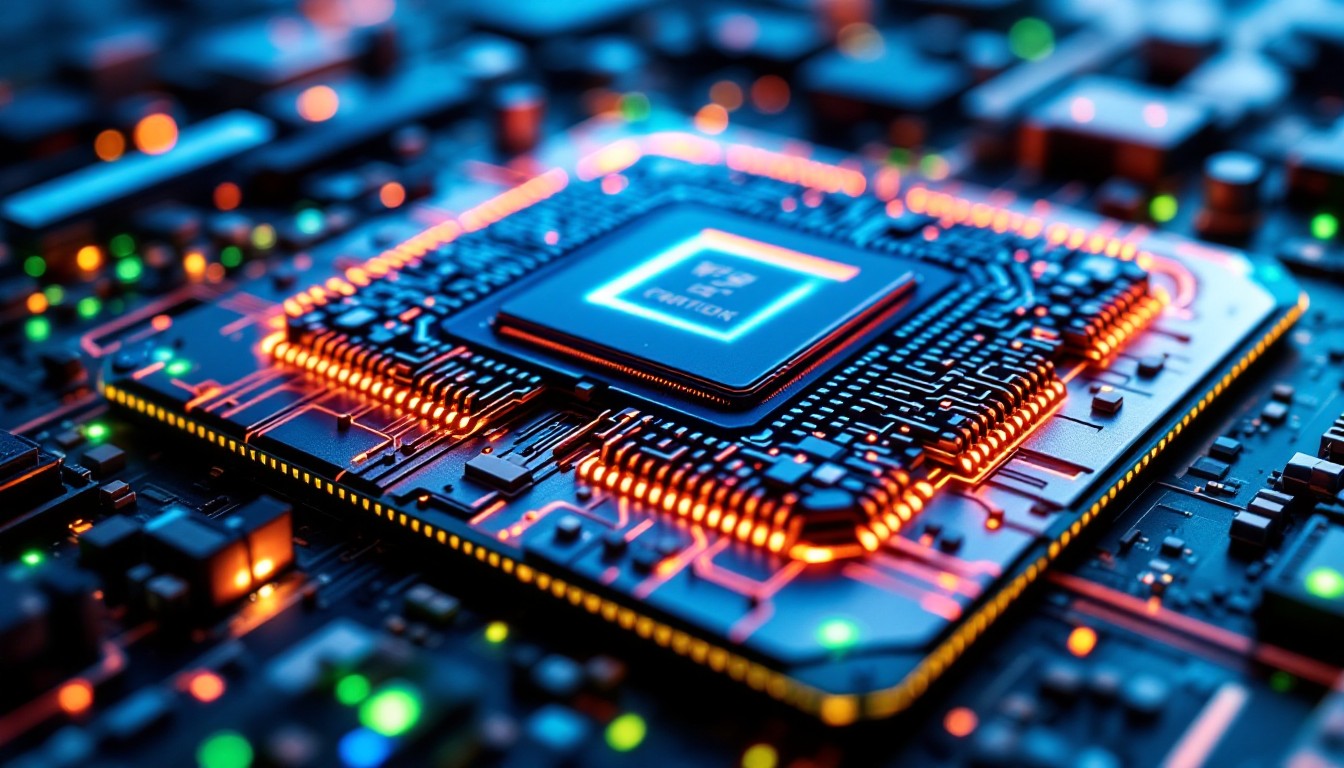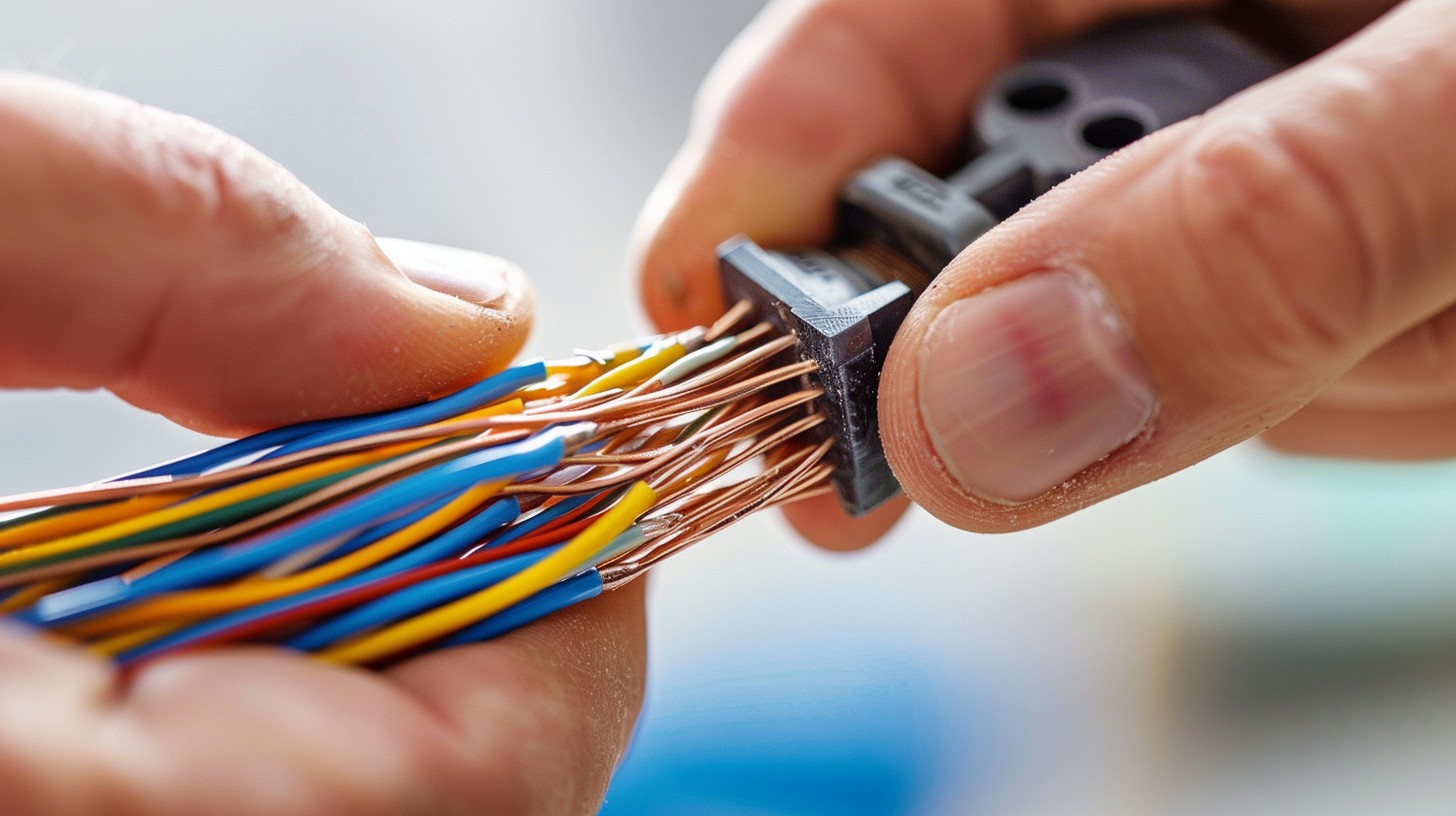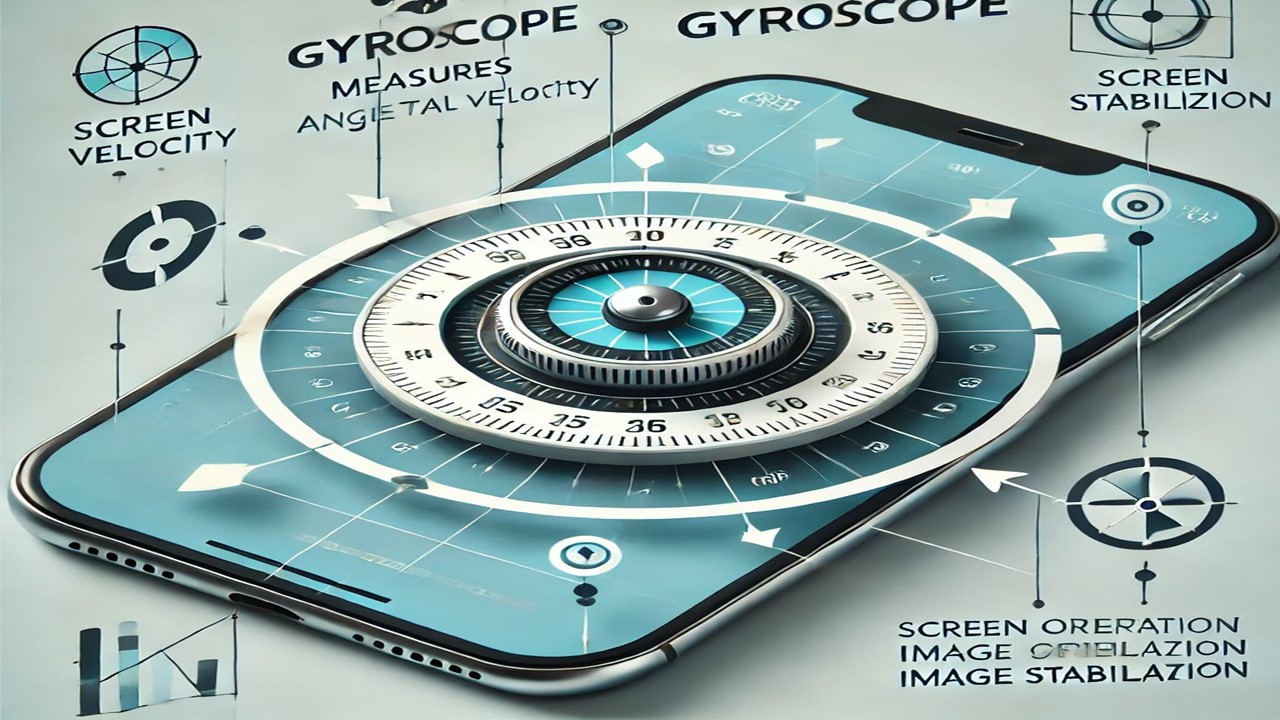
Japanese tech giant Fujitsu has announced a groundbreaking initiative to build a superconducting quantum computer with 10,000 qubits by the year 2030. The ambitious project is being developed in collaboration with NEDO (New Energy and Industrial Technology Development Organization), a key government agency in Japan.
Project Objectives
Fujitsu aims to build a quantum computer that can:
- Support 250 logical qubits using error correction
- Solve complex problems in fields such as medicine, materials science, artificial intelligence (AI), and finance
- Position Japan as a global leader in the emerging quantum technology sector
What Is a Quantum Computer?
Unlike classical computers, which use bits (0 or 1), quantum computers use qubits, which can represent 0 and 1 simultaneously due to the principle of superposition. This allows them to perform calculations at exponentially faster speeds than conventional machines, especially for highly complex problems.
🤝 Fujitsu–NEDO Partnership
- Fujitsu will lead the development of a Superconducting Quantum Computer
- Several Japanese universities, research institutions, and startups are also involved
- The project aims to build not just the hardware but an entire quantum ecosystem – including software platforms, fabrication techniques, and advanced cooling systems
Roadmap to 2030
| Year | Milestone |
| 2025 | Initial design and small-scale testing |
| 2026–2028 | Prototype development and logical qubit integration |
| 2029 | Full-scale system integration and pilot projects |
| 2030 | Commercial demonstration of the 10,000-qubit quantum computer |
🌍 Global Impact
- The quantum computer could revolutionize industries such as pharmaceuticals, materials engineering, financial modeling, and cryptography
- Japan will be able to compete with the U.S., China, and the EU in the race for quantum supremacy
- The project may redefine cybersecurity, paving the way for post-quantum encryption models
Outcome
Fujitsu’s announcement marks a major step in Japan’s drive for tech self-reliance and innovation. If successful, this could become one of the most significant technological breakthroughs of the coming decade and a milestone in the evolution of quantum computing.
Did You Know?
India is also investing in quantum research through organizations like ISRO and MeitY. As global momentum picks up, India too is gearing up to be a part of this quantum revolution.
Information sourced from: TS2 Technology, Reuters, and Fujitsu’s official releases.





